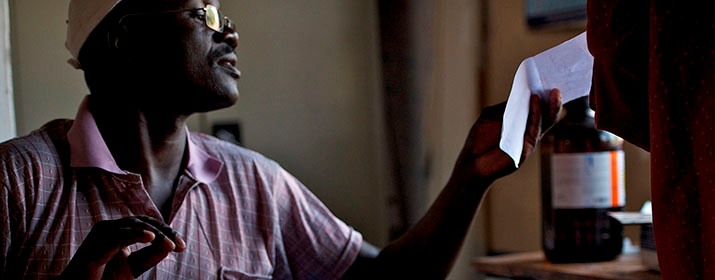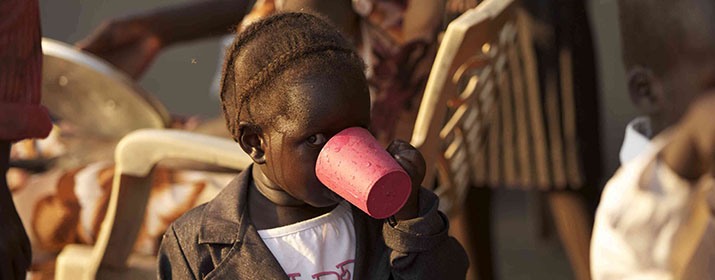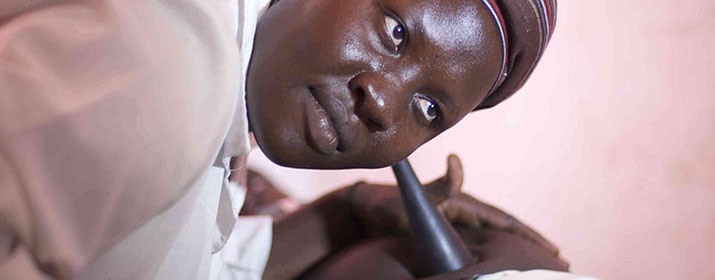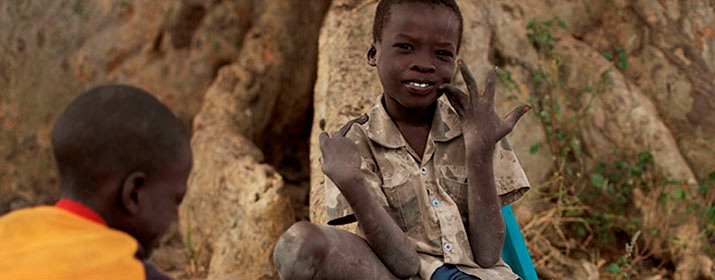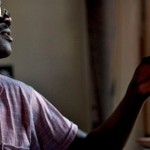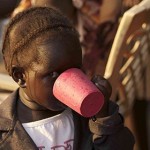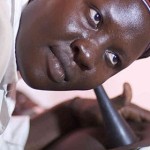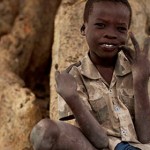In December 2013, conflicts have rekindled in South Sudan. At the beginning of 2014 clashes weakened and the country has been affected by major migration flows. In Ayod County, nearly 1000 people are coming back: a huge number that has direct consequences on the spread of diseases that affect the country, namely measles and Kala Azar .
The vaccination campaign against measles that we carried out in December 2013 was able to contain the spread of the disease, but because of the great movements of people there was an increase in the number of malaria cases: only between January and October 2013, malaria has affected 1,716 people in the area.
The goal of our project is to strengthen the health centers in the county, to date thirteen basic health units, to create an immediate response to health emergencies.
Through provision of medical equipment and medicines, we will make structures more functional. We will maintain an active and continuous monitoring of epidemics, with attention to the remote areas – such as the islands that can only be reached by air or by radio call, and realize preventive vaccination campaigns to IDPs and vulnerable groups .
Health professionals play a key role: prepared to emergency response, they will help the community to prevent and cure many diseases. We will also integrate new services to cope with the spread of HIV/AIDS, with awareness campaigns and the creation of two sentinel sites that will deepen the study of the virus.
With this project, we aim at significantly reducing the number of days to supply medicinal products; improving coordination with the health units for tighter controls on diseases and their spread and strengthening the emergency response of the 13 primary health units so that the fight against disease becomes a reality in Ayod.

